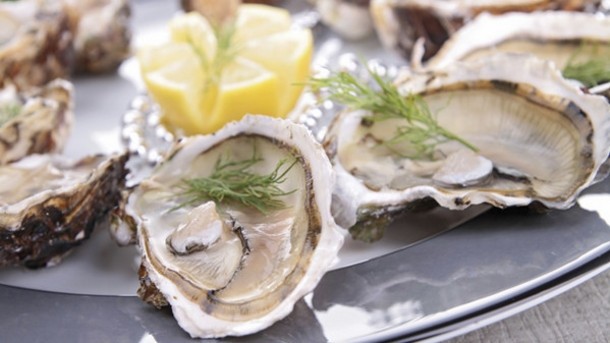Pub in clear over oyster poisoning

A probe was launched after 10 diners said they fell ill after eating oysters at seafood and craft beer pub the Urchin in Hove.
The customers visited the pub on 11 September and ordered 18 oysters alongside a wider meal.
A spokesperson for Brighton & Hove City Council, which is leading the investigation, said: “We have no definitive evidence that it was the oysters that caused the people to be ill. We visited the pub involved and were satisfied with the standards of hygiene there.”
Batch of 5,000
The oysters are reported to have been in a batch of 5,000, of which 400 were distributed by a supplier in Hove to food businesses including restaurants and pubs across the city.
The spokesperson added: “The supplier of the oysters demonstrated that they carried out appropriate tests and checks – we understand the supplier was not aware of any other connected cases of food poisoning.”
An internal investigation by the Urchin said the only realistic causes of the incident could have been a localised bug in a small number of oysters that went undetected, a combination of oysters and spirits — which can pickle oysters in the stomach — or one of the party unknowingly picking up a bug and inadvertently spreading it to other diners.
Urchin general manager Nick Jerrim said: “The environmental health officer and the restaurant chef believe they operated within best practice guidelines at all times and could not have done any more to prevent the incident.
‘Management apologised’
“The management have apologised to all impacted by this incident, but they do not believe that there was anything further they could have done to prevent this.”
Oysters are traditionally eaten raw. However, the Food Standards Agency (FSA) has previously issued warnings over the possible risk of getting winter vomiting bug norovirus from eating them raw.
A spokesperson for the FSA said: “Though oysters are traditionally eaten raw, people should be aware of the risks. The agency advises that older people, pregnant women, very young children and people who are unwell should avoid eating raw or lightly cooked shellfish to reduce their risk of getting food poisoning.”
In 2011, research conducted by the FSA reported that more than three quarters of oysters from UK growing beds contained the bug, which can cause vomiting and diarrhoea.





